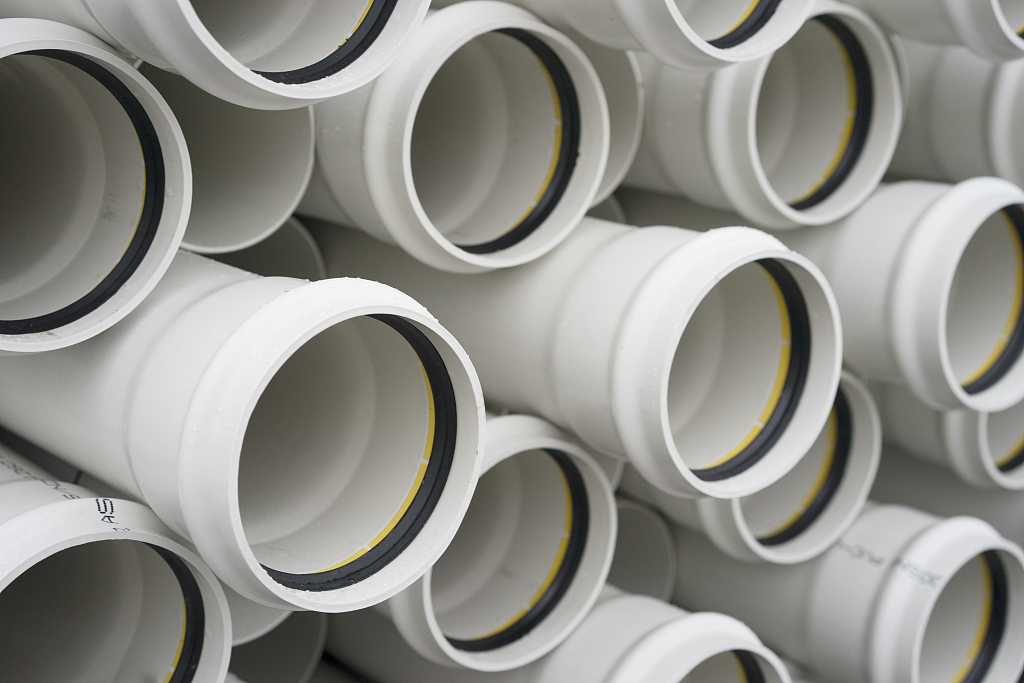
Polyvinyl Chloride (PVC)
Hydroxypropyl Methylcellulose (HPMC) is a water-soluble cellulose ether widely used in the production of Polyvinyl Chloride (PVC).PVC is an economical and versatile thermoplastic polymer widely used in building and construction industry to produce door and window profiles, pipes (drinking and wastewater), wire and cable insulation, medical devices, etc.
PVC is used extensively across a broad range of industrial, technical and everyday applications including widespread use in building, transport, packaging, electrical/electronic and healthcare applications.
In the suspension polymerization of vinyl chloride, the dispersed system has a direct impact on the product, PVC resin, and on the quality of its processing and products. Hydroxypropyl MethylCellulose helps to improve the thermal stability of resin and control the particle size distribution(in other words, adjust PVC density), and its amount accounts for 0.025% -0.03% of PVC production. PVC resin made from high quality Hydroxypropyl MethylCellulose not only can ensure the performance line with international standards, but also can have good apparent physical properties, excellent particle properties and excellent melting rheological behavior.
PVC is a very durable and long lasting material which can be used in a variety of applications, either rigid or flexible, white or black and a wide range of colours in between.
In the production of synthetic resins, such as polyvinyl chloride (PVC), polyvinylidene chloride, and other copolymers, suspension polymerization is the most commonly used and must be invariant hydrophobic monomers suspended in water. As a water-soluble polymers, Hydroxypropyl MethylCellulose product has excellent surface activity and functions as protective colloidal agents. Hydroxypropyl MethylCellulose can effectively prevent polymeric particles from producing and agglomeration. Furthermore, although Hydroxypropyl MethylCellulose is a water soluble polymer, it can be slightly soluble in hydrophobic monomers and can increase the monomer porosity for the production of polymeric particles.
Anxin HPMC products can improve by the following properties in PVC:
·most commonly used suspending agents.
·Controls the particle size and their distribution
·Influences the porosity
·Defines the bulk weight of PVC.
| Recommend Grade: | Request TDS |
| HPMC 60AX50 | Click here |
| HPMC 65AX50 | Click here |
| HPMC 75AX100 | Click here |






